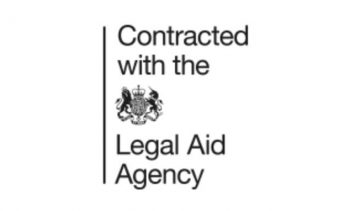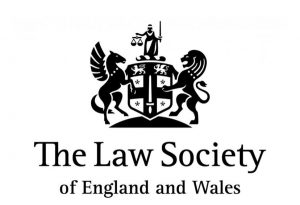The Mental Capacity Act 2005 established the Court of Protection, a specialized court that plays a crucial role in protecting the rights and welfare of individuals who lack the mental capacity to make specific decisions for themselves. This court ensures that the best interests of these vulnerable people are at the heart of any decision-making process.
Jurisdiction and Powers
Under Sections 15 to 23 of the Act, the Court of Protection has jurisdiction over the personal welfare, finances, property, and healthcare of individuals who lack the capacity to make decisions in these areas. The court’s general powers include:
- Making declarations and decisions on behalf of someone found to lack capacity
- Appointing a Deputy to act on behalf of the individual
- Authorising detention if it is in the person’s best interest
- Transferring proceedings to the High Court for individuals under 18 (with the Lord Chief Justice’s authority)
- The court also has specific powers under Section 22 of the Act, allowing it to review, alter, monitor, and revoke Lasting Powers of Attorney. Additionally, under Section 21A, the court can review Deprivation of Liberty Safeguards (DoLS) authorizations to ensure they are in the person’s best interests.
Collaboration with the Office of the Public Guardian
The Court of Protection works hand in hand with the Office of the Public Guardian (OPG). While the court makes decisions under the Mental Capacity Act, the OPG has an ongoing statutory supervisory role, ensuring that Attorneys and Deputies carry out their legal duties properly.
The Importance of the Court of Protection
The Court of Protection is essential in cases where serious decisions need to be made for someone who lacks capacity, and there is disagreement among those involved or no one is authorized to make such decisions. The court’s primary concern is to conduct proceedings in line with the best interests of the individual (referred to as “P”).
Before applying to the Court of Protection, it is crucial to exhaust all other options, including holding a Best Interests meeting. An application should only be made when a consensus cannot be reached through other means.
Seeking Legal Assistance
If you require legal advice or assistance regarding the Court of Protection or any other matters related to mental capacity, contact Adel Jibs & Co Solicitors. Our experienced team is here to guide you through the process and ensure that the best interests of your loved ones are protected.
Call us on 02034173859 or email info@adeljibssolicitors.co.uk to discuss your case with one of our knowledgeable solicitors.
Please note that the information provided in this article is for general informational purposes only and does not constitute legal advice. Always consult with a qualified legal professional for guidance on your specific situation.


